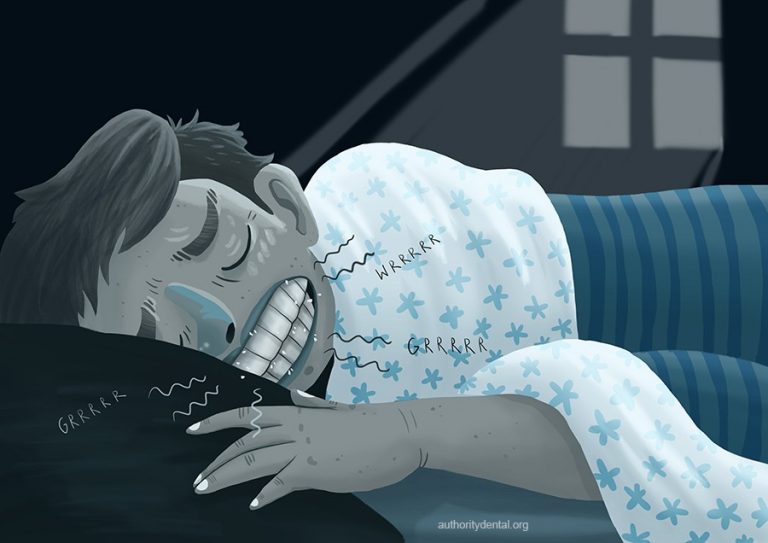Bruxism - Do you clench your teeth at night?
Bruxism is the involuntary habit of clenching or grinding teeth without functional purposes and it affects between 10% and 20% of the population. Due to the crisis, the hectic pace of life, the unhealthy habits, the cases in adults with jaw pain, headaches, increasingly smaller or broken teeth have shot up 30%.
The reasons why a person can be affected by disorders of the muscles and the temporomandibular joint (TMJ disorders *) are very diverse: malocclusion, stress, genetics, allergies, etc. and people of all ages and sexes suffer from it. At the Institut Ortodoncia Barcelona we find a solution to your problem, forget once and for all about those pains you suffer quickly and easily.
* TMJ disorders: these are problems that affect the joints and chewing muscles that connect the lower jaw to the skull.
The most common effects of bruxism in adults are headache, pain in the jaw, neck and ear muscles, as well as rapid wear and tear of the teeth.

10 warning signs of bruxism in adults
1 Erosions have appeared on your teeth and the tips of the teeth look a bit filed.
2 Dental hypersensitivity.
3 Longitudinal fracture and tooth loss.
4 Tension in the jaw muscles, limitation in opening the mouth and muscle overload especially in the morning.
5 Ear pain.
6 Neck and complete head pain can sometimes spread to the nape and shoulders.
7 Increase in dental mobility.
8 Aesthetic problems, gum refraction.
9 Anxiety, stress and tension.
10 Insomnia and difficulties in sleeping well.
However, the problem requires a dental check-up from a trusted dentist. The role of the dentist is essential to prevent permanent dental damage and possible joint disorders. The most common is to correct the habit with a dental splint that is worn at night. Patients appreciate the treatment and become “”addicted”” and the benefits will be seen in time.
The excessive use of the splint is incorrect, so the use of the splint in daylight hours is not prescribed. Doctor Huertas shows us a trick to avoid the harmful habit of clenching the teeth, which consists of positioning the tip of the tongue on the palate. This jaw relaxation position is totally conscious and it is impossible to think that it can be done during sleep, so during the night it is mandatory for the bruxist patient to use the discharge splint.
If the splint has not been worn for a while the teeth may move and a new one will have to be made. It is not just a splint or dental protector, but a habit that consists of maintaining healthy oral hygiene, cleaning the splint with a specific product once a week and visiting the dentist periodically to verify that it is perfectly adjusted.
Dr. Huertas indicates a series of massages that help relax the jaw
1 Place the index and middle fingers above the jaw and make circles with the mouth ajar for 3-5 minutes
2 Place your hands on both sides of your face and do the same as above, but keeping pressure.
3 Open your mouth and press your jaw down, while trying to close your mouth for about three seconds.
4 Place the index and middle fingers on the temple and press the area intermittently.
In cases of mild bruxism, the #dental splint or #discharge splint is an effective solution that will improve the splint’s quality of life and will last according to the degree of bruxism and the habits of each patient. Apart from physical help if the cause of teeth grinding is psychological, going to learn relaxation techniques, yoga, playing sports, avoiding coffee and alcohol help you sleep better. In more severe cases, oral rehabilitation is of great help.
If the problem is the mismatch between the two arches, surgical intervention of the temporomandibular joint may be the solution in some cases where the discomfort of the craniomandibular joint dysfunction is severe.
The occlusal discharge splint MUST NEVER BE A SOFT PLASTIC APPLIANCE, because it worsens the temporomandibular tension of the musculature.
Consult 932066036 or info@institutortodoncia.com and we will help you solve your problems, remember that bruxism can be alleviated and not only has aesthetic consequences.
